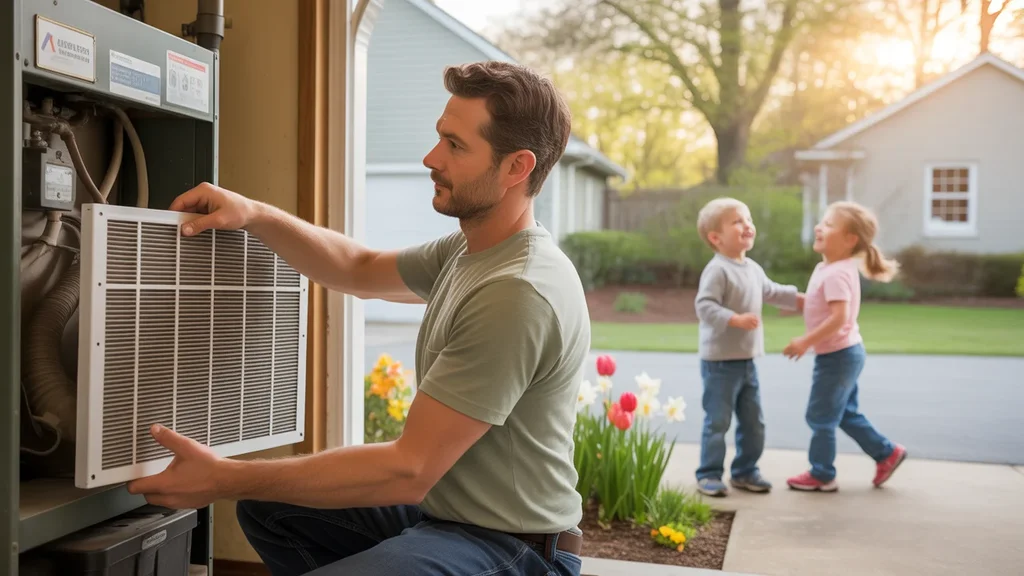Understanding Utilities in Raleigh
Here’s what typical utility costs look like in Raleigh. For most households, monthly utilities include electricity, water, trash collection, natural gas, and recycling. The average household spends $180–$250 per month on utilities in Raleigh, but this can vary significantly based on home size, season, and usage patterns.
Utility rates and billing structures are set by the North Carolina Utilities Commission. Major providers in Raleigh include Duke Energy for electricity, PSNC Energy for natural gas, and the City of Raleigh for water, sewer, trash, and recycling services. Understanding how these costs break down can help you plan your budget and find ways to save throughout the year.
Table: Monthly Utility Estimates
Wondering how much your monthly bills might run? Here’s a quick breakdown for a typical home in Raleigh:
| Utility | Estimated Monthly Cost |
|---|---|
| Electricity | $110 – $150 |
| Water | $30 – $50 |
| Natural Gas | $30 – $60 |
| Trash & Recycling | $20 – $30 |
| Total | $190 – $290 |
Estimates reflect a mid-size household in a single-family home. Your actual costs may be higher or lower depending on your usage and home characteristics.

Seasonal Utility Changes in Raleigh
Utility costs in Raleigh tend to peak in summer due to high air conditioning use. Electric bills often double in July and August compared to milder months like April and October. On the flip side, natural gas usage for heating climbs in winter, especially in December and January.
These seasonal swings can have a big impact on your budget. According to Duke Energy, the average residential electric bill in Raleigh is around $120 in spring but soars to $170 or more in mid-summer. Being aware of these patterns can help you anticipate higher costs during peak seasons and find ways to keep summer energy bills under control.
How to Save on Utilities in Raleigh
While some utility costs are unavoidable, there are many ways Raleigh residents can lower their monthly bills:
- Sign up for off-peak billing programs like Duke Energy’s Time-of-Use rate to get lower prices for electricity used during off-peak hours
- Take advantage of solar panel incentives and net metering to offset your electric bills with renewable energy
- Install a smart thermostat to automatically optimize your heating and cooling schedule for savings
- Plant shade trees near your home to reduce cooling needs in summer
- Upgrade to energy-efficient appliances, especially HVAC systems, when it’s time to replace older models
🏆 Tip: Check if your utility provider offers rebates for energy-efficient AC units, heat pumps, insulation, and other upgrades that can permanently lower your bills.
FAQs About Utility Costs in Raleigh
What is the average electric bill in Raleigh during summer?
For a typical household, monthly electric bills in Raleigh average $170 – $200 during peak summer months like July and August. This is due to high air conditioning use. Costs will be lower in smaller homes or apartments.
Do HOAs cover any utilities?
Some homeowners associations (HOAs) in Raleigh include certain utilities like water, trash, and recycling in their monthly dues. However, this varies by community. Electricity and natural gas are rarely covered by HOAs.
Is water more expensive in Raleigh than nearby cities?
Raleigh’s water and sewer rates are fairly typical for the region. Some nearby towns like Cary have slightly lower costs, while others like Durham are a bit higher. Rates also depend on your usage tier.
Smarter Utility Planning in Raleigh
While utility costs are a significant part of any household budget, knowing what to expect in Raleigh can help you plan wisely. Be aware of seasonal changes, take advantage of energy-saving programs, and look out for hidden fees to avoid surprises.
Of course, utilities are just one piece of the cost-of-living puzzle. As you manage your expenses, be sure to factor in other regular bills like internet and streaming services. With a clear picture of your total costs, you can create a realistic budget that works for your family in Raleigh.
